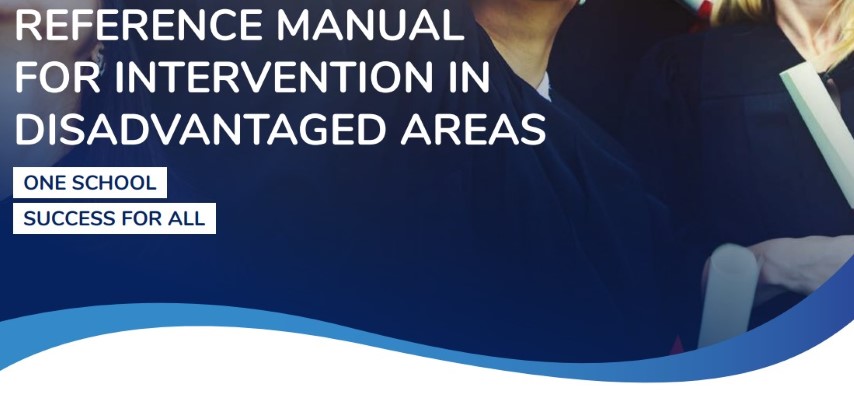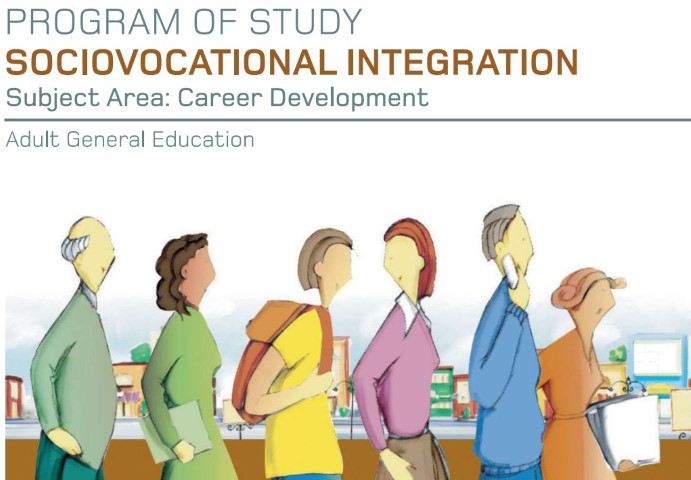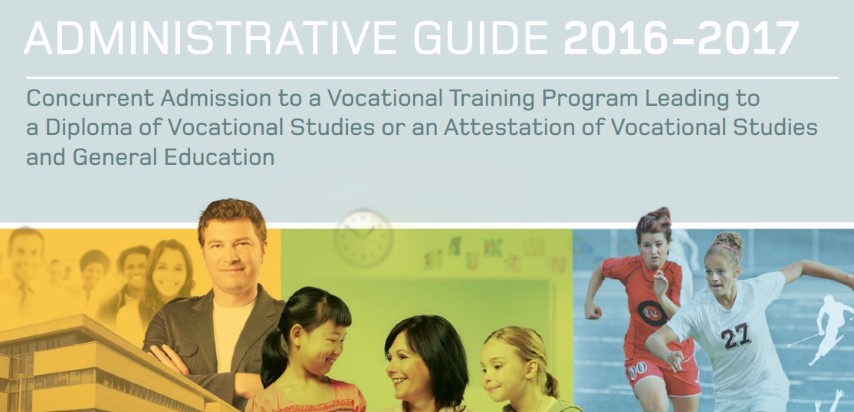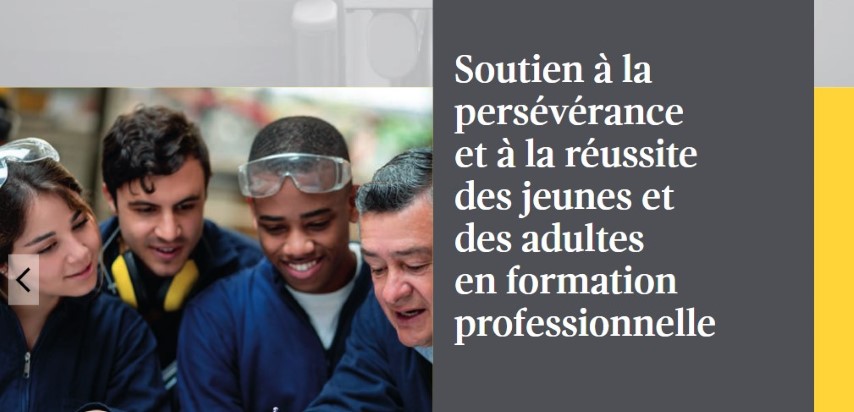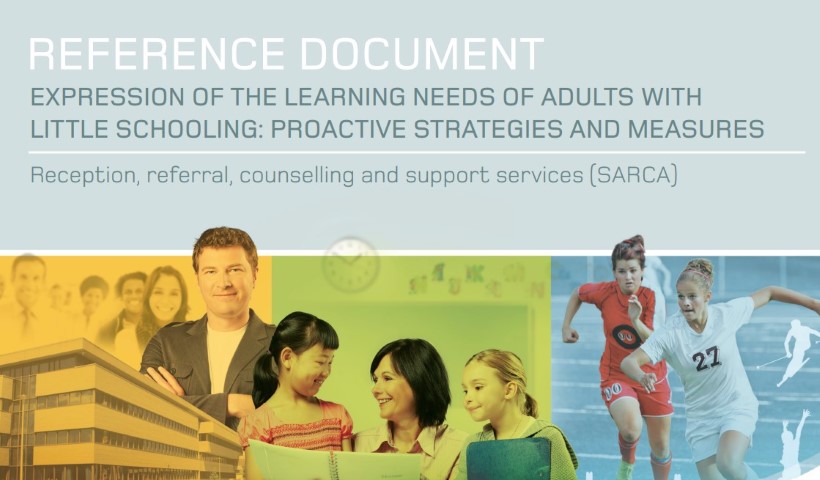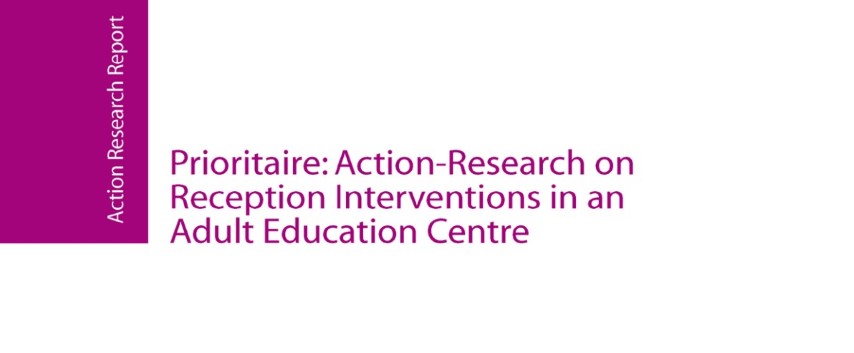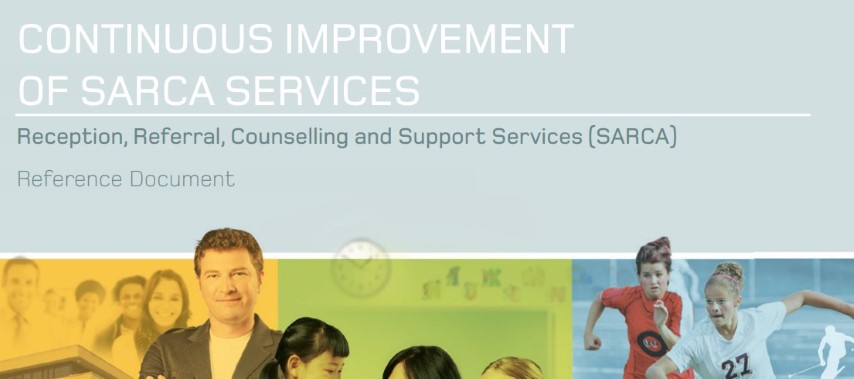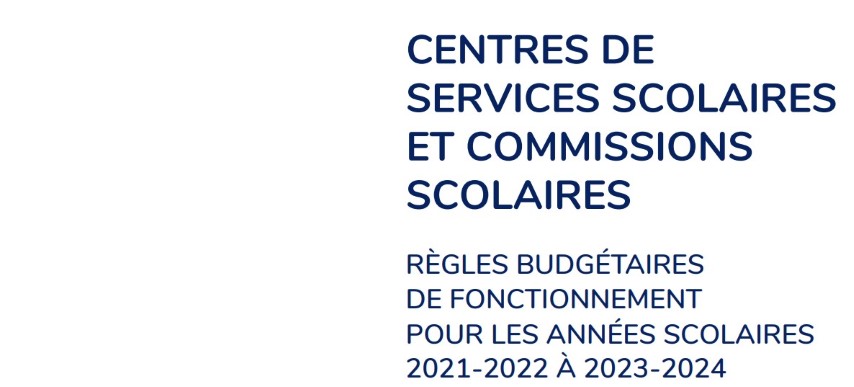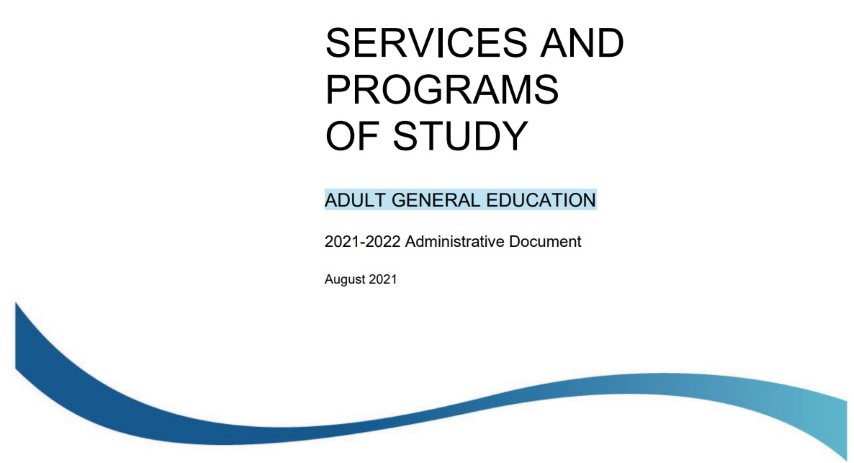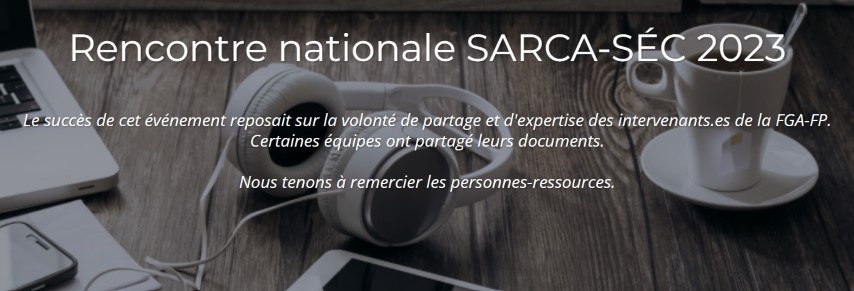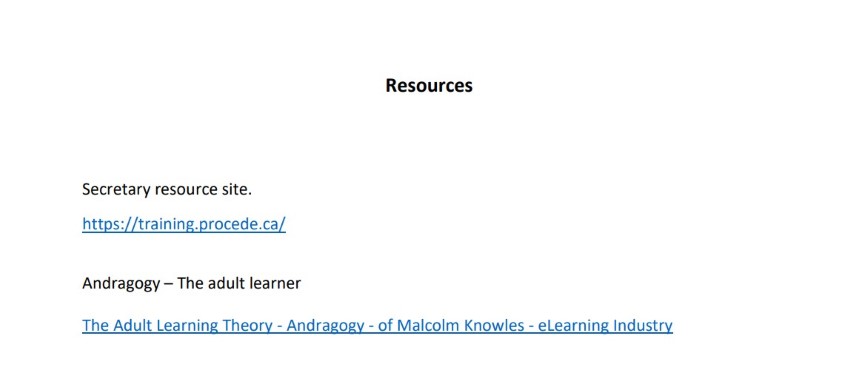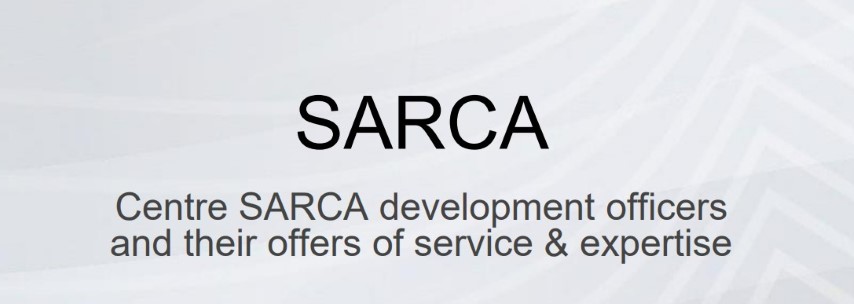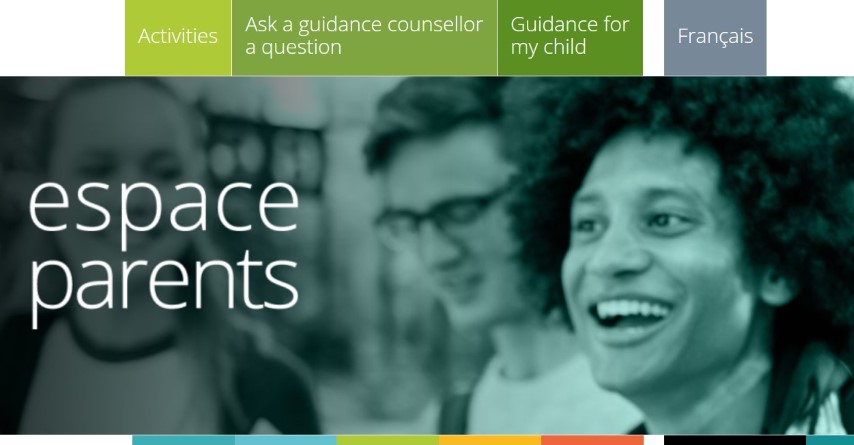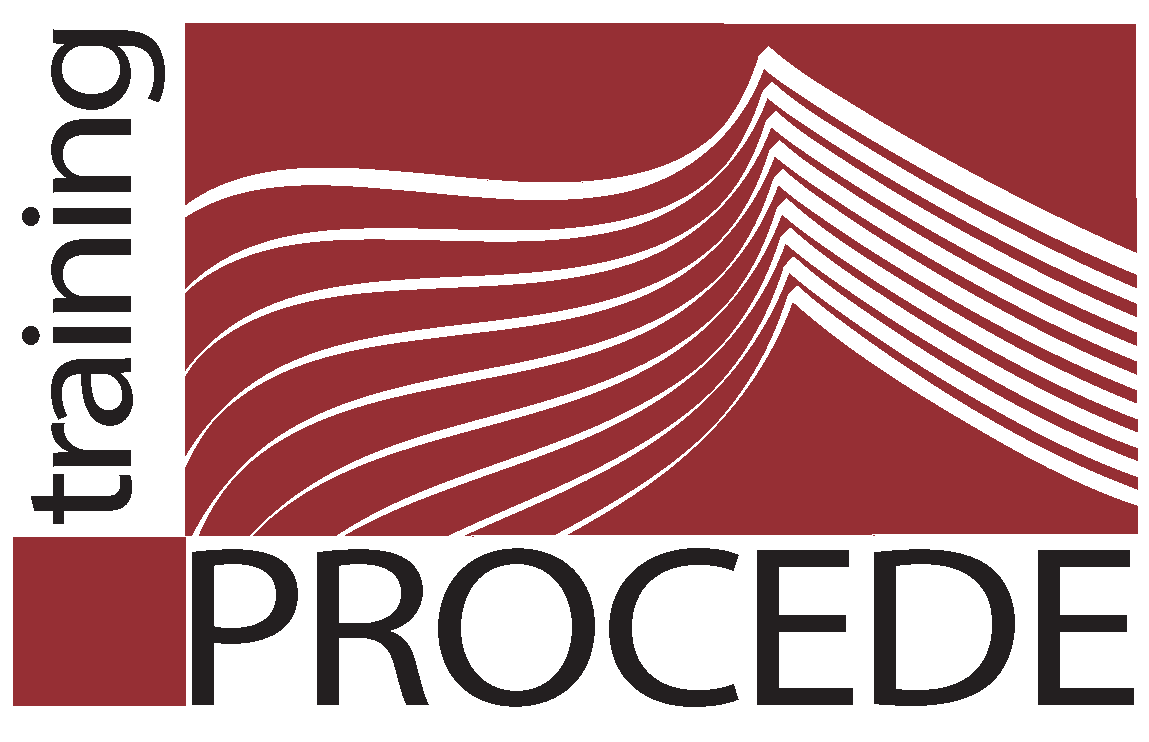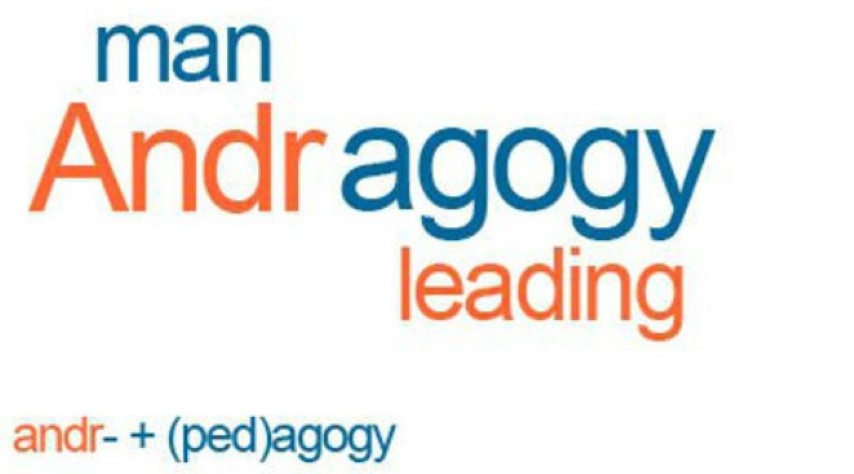The clientele you will be supporting is unique in many ways. They range from youth 16 to 50+ years old. They may have just dropped out of school or may be coming back in adulthood to finish their high school diploma. They may be new arrivals to Canada, from Indigenous backgrounds or those with special needs. Below you have links and documents to information related to this unique clientele.
Intervene to Succeed
Modules – Getting to know your clientele and Interacting with clients
Videos – Getting to know your clientele and Interacting with clients



